As a critical piece of equipment in foundational construction industries, fuel expenses for rotary drilling rigs are a significant cost for business owners. Rising fuel prices continue to erode profit margins. In addition, some regions are implementing diesel supply restrictions, further limiting operational time for rotary drilling rigs. Therefore, fuel-saving and consumption reduction have become essential strategies for owners to reduce costs and increase profits. Today, let’s explore some practical fuel-saving tips.
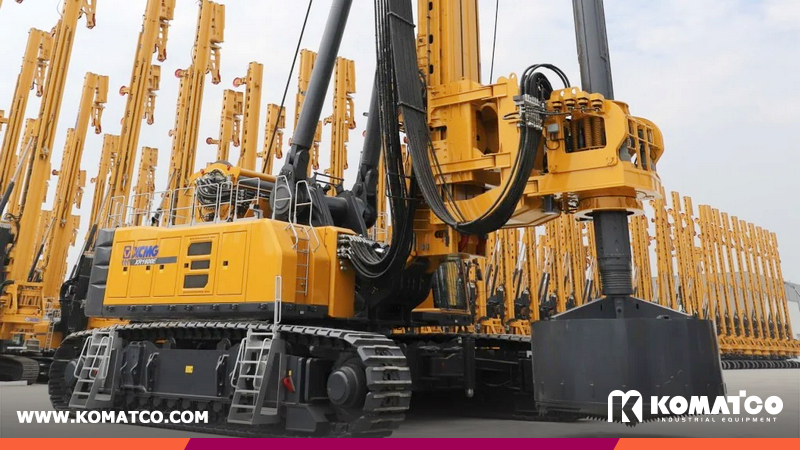
- Engine Oil (Replacement Interval: 500 hours)
Engine oil, as the lubricant for diesel engines, is akin to the lifeblood of a diesel engine. It provides effective lubrication, reduces wear, and mitigates friction and high temperatures. Engine oil forms a sealing layer between the piston rings and the pistons, preventing gas leakage and external pollutants from entering the engine. This reduces power loss and lowers fuel consumption.
With winter approaching, business owners should check the viscosity grade and cleanliness of their engine oil. If the construction site experiences low temperatures or if the oil is too dirty, it is essential to replace it with a suitable alternative. Additionally, remember to replace the oil filter element (Replacement Interval: 500 hours).
- Check the Air Filter (Replacement Interval: 2,000 hours)
Rotary drilling rigs, as key equipment in foundation construction, often operate in harsh environments. The air filter acts as a "mask" for the engine, ensuring clean air intake. A dirty air filter can restrict engine performance, leading to increased fuel consumption, insufficient power, and black smoke.
- Fuel System
Regularly inspect the fuel system of the diesel engine. Issues like oil leaks or seepage in the fuel system can accumulate over time, causing significant fuel losses. Common problems include uneven surfaces at fuel pipe joints, deformed or damaged gaskets, and leakage points.
- Select Appropriate Gears
If the diesel engine operates at idle speed in high gear, it may run at a higher-than-idle RPM while maintaining idle fuel supply, wasting fuel. Adjust the engine speed promptly to avoid high-RPM idling. Conversely, avoid overloading the engine (“biting off more than it can chew”), as it results in unburned diesel being expelled as black smoke, increasing fuel consumption.
- Clean the Fuel Tank Regularly
Diesel (Replacement Interval: 500 hours) accumulates sediment and impurities at the bottom of the fuel tank over time. If not cleaned periodically, these can negatively affect the operation of the plunger and fuel injector, leading to inaccurate fuel injection timing, uneven fuel supply, and poor atomization, all of which increase fuel consumption.
- Moderate Engine Warm-Up
In winter, lower temperatures increase the viscosity of diesel and engine oil, hindering flow. After starting the vehicle, allow a low-load warm-up to raise engine temperature. This promotes even mixing of diesel and air in the cylinders and facilitates the circulation of oil to lubricate various parts. However, excessive warm-up times can lower fuel pump pressure, causing poor atomization, uneven mixing, and incomplete combustion, leading to black smoke and carbon buildup in the combustion chamber.

-
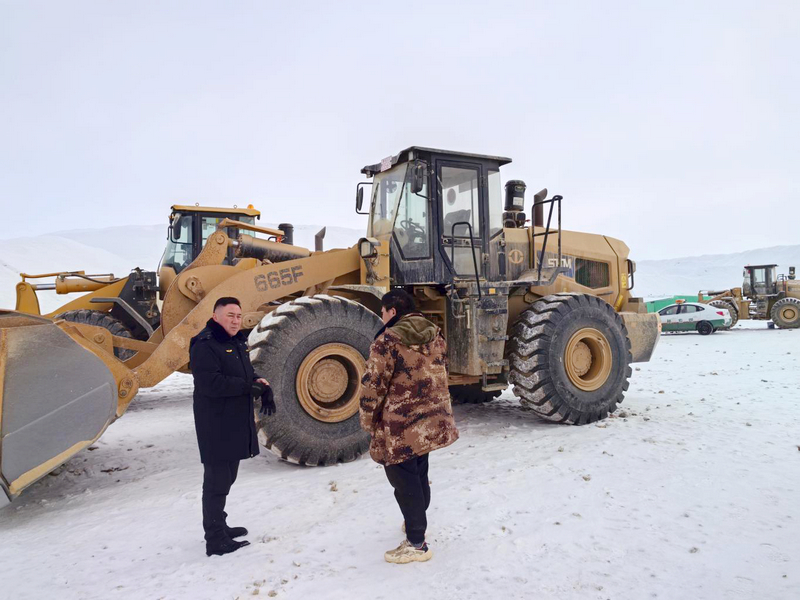 Avoid Winter Pitfalls: Prevent Overcooling Damage to Your Equipment2026-01-27
Avoid Winter Pitfalls: Prevent Overcooling Damage to Your Equipment2026-01-27 -
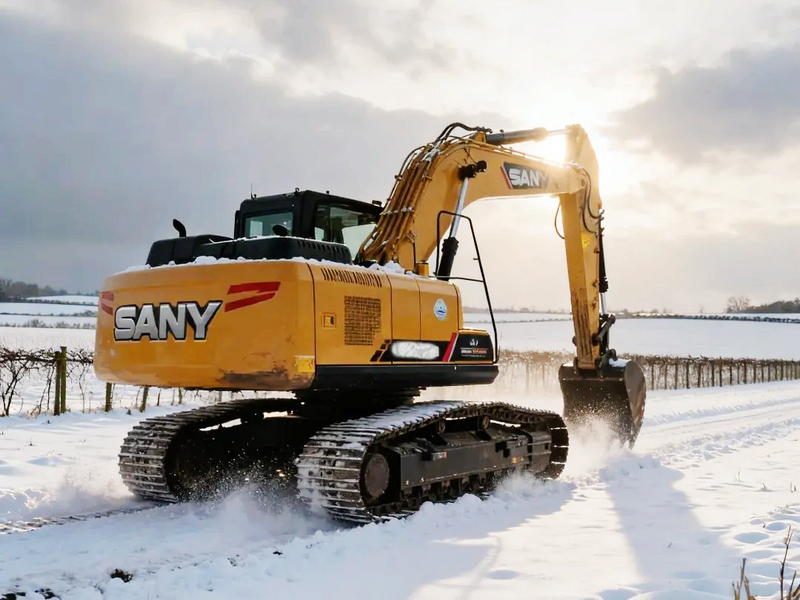 SANY Mining Excavator Services Earn Global Recognition2025-12-26
SANY Mining Excavator Services Earn Global Recognition2025-12-26 -
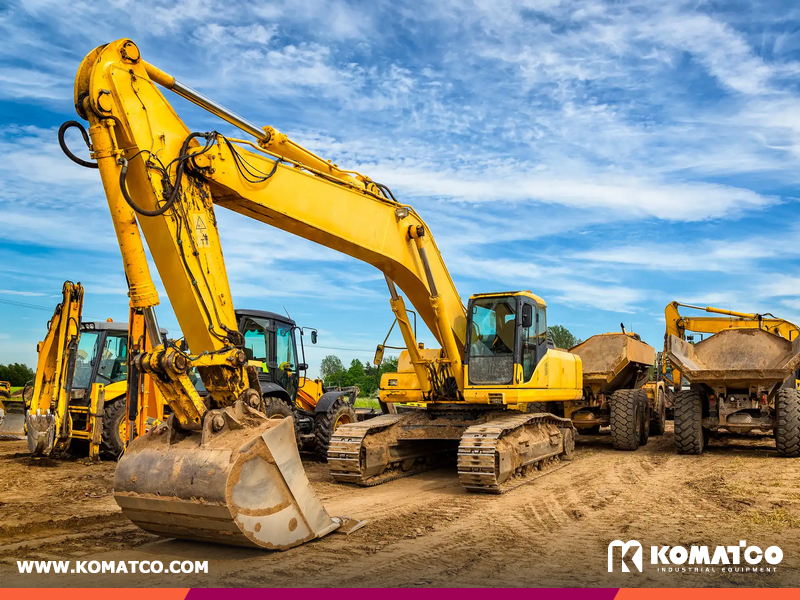 How to Check Excavator Belt Tension2025-11-19
How to Check Excavator Belt Tension2025-11-19 -
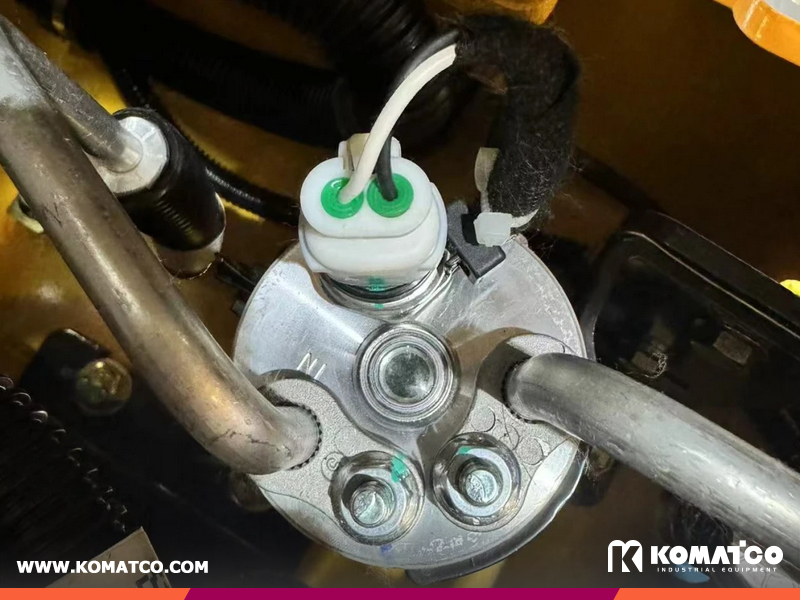 Summer Excavator Air Conditioning Use and Maintenance Guide2025-10-13
Summer Excavator Air Conditioning Use and Maintenance Guide2025-10-13 -
 Long-Term Storage Guidelines for Wheel Loaders2025-09-18
Long-Term Storage Guidelines for Wheel Loaders2025-09-18















